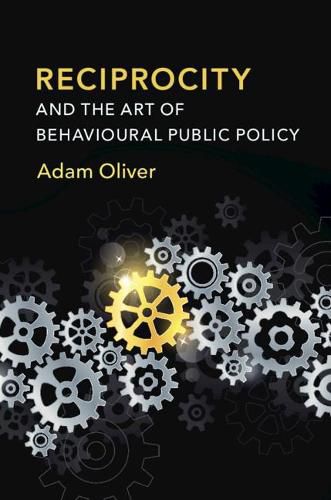Readings Newsletter
Become a Readings Member to make your shopping experience even easier.
Sign in or sign up for free!
You’re not far away from qualifying for FREE standard shipping within Australia
You’ve qualified for FREE standard shipping within Australia
The cart is loading…






What motivates human behaviour? Drawing on literatures from anthropology to zoology, Oliver examines how we are motivated to give and take, rather than give or take. This book reviews the evolution of reciprocity as a motivator of behaviour, in terms of its observation in non-human species, in very young humans, and in societies that we can reasonably expect are similar to those in which our distant ancestors lived. The behavioural economic and social psychology literature that aims to discern when and in what circumstances reciprocity is likely to be observed and sustained is also reviewed, followed by a discussion on whether reciprocity is relevant to both the economic and the social domains. The dark sides of reciprocity are considered, before turning again to the light, and how the potentially beneficial effects of reciprocity might best be realised. This culminates in the presentation of a new political economy of behavioural public policy, with reciprocity playing a prominent role.
$9.00 standard shipping within Australia
FREE standard shipping within Australia for orders over $100.00
Express & International shipping calculated at checkout
What motivates human behaviour? Drawing on literatures from anthropology to zoology, Oliver examines how we are motivated to give and take, rather than give or take. This book reviews the evolution of reciprocity as a motivator of behaviour, in terms of its observation in non-human species, in very young humans, and in societies that we can reasonably expect are similar to those in which our distant ancestors lived. The behavioural economic and social psychology literature that aims to discern when and in what circumstances reciprocity is likely to be observed and sustained is also reviewed, followed by a discussion on whether reciprocity is relevant to both the economic and the social domains. The dark sides of reciprocity are considered, before turning again to the light, and how the potentially beneficial effects of reciprocity might best be realised. This culminates in the presentation of a new political economy of behavioural public policy, with reciprocity playing a prominent role.